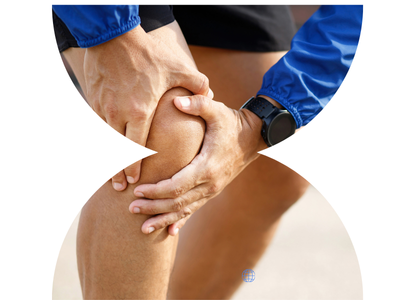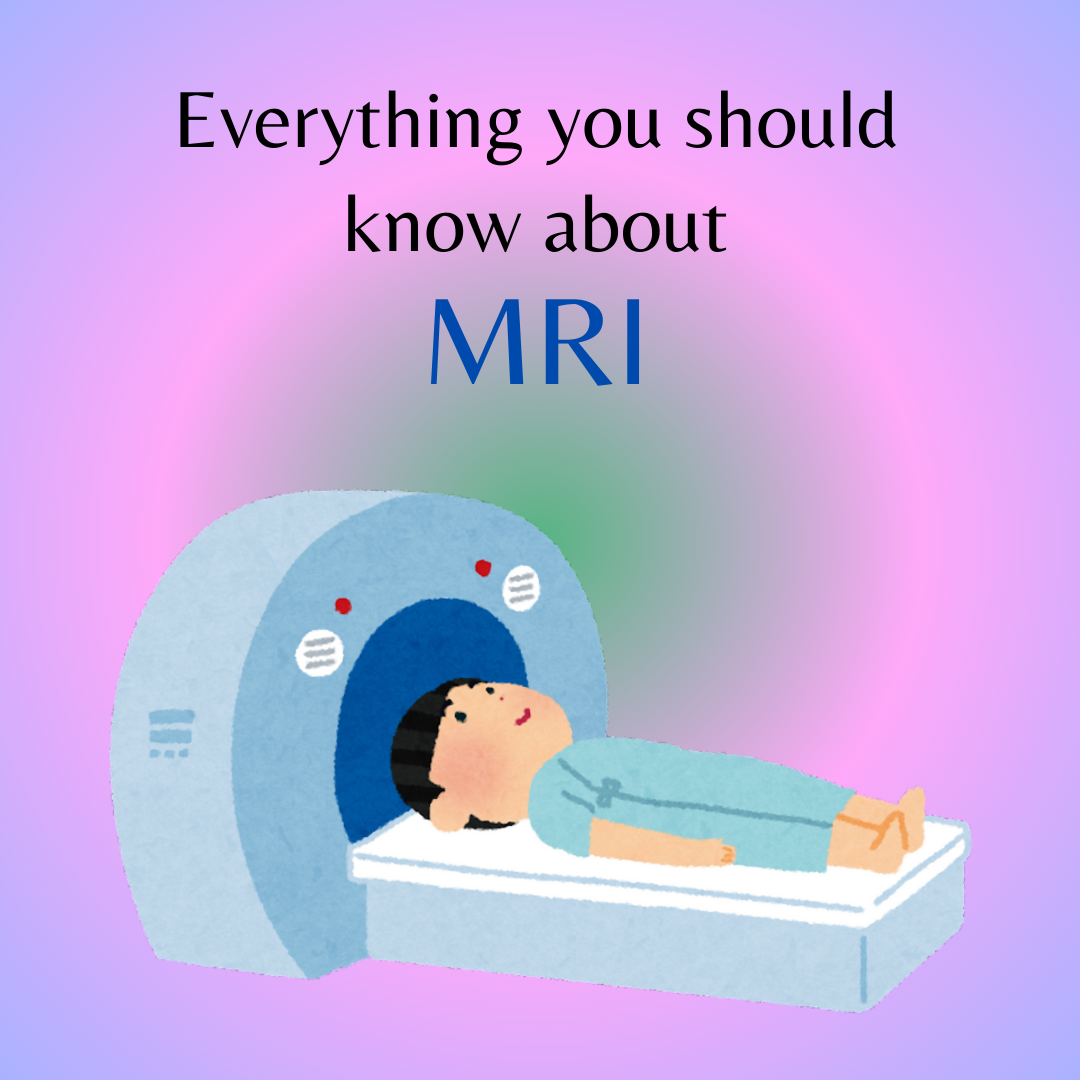Picture this: you wake up in the morning, ready to take on the day, but your knees ache before your feet even touch the ground. Your fingers feel stiff, and the simple act of pouring tea feels like a task. Many dismiss this pain as a sign of ageing, but it could be something much deeper—arthritis.
Arthritis is not just joint pain; it’s a condition that can change how you live, move, and even think. It affects over 180 million people in India alone, yet it remains one of the most misunderstood health issues. If ignored, arthritis can progress silently, making even the simplest tasks—walking, writing, climbing stairs—a daily battle.
Let’s unravel the truth about arthritis—its symptoms, causes, and the treatment options that can help you take control of your health.
What is Arthritis?
Arthritis is an umbrella term for more than 100 different joint-related conditions that cause inflammation, stiffness, and pain. The most common forms are:
- Osteoarthritis (OA): A wear-and-tear condition where cartilage (the cushion between joints) breaks down.
- Rheumatoid Arthritis (RA): An autoimmune disease where the immune system attacks healthy joints.
- Gout: Caused by uric acid buildup leading to sudden, sharp joint pain.
- Psoriatic Arthritis: Linked with psoriasis, involving skin and joint problems.
Think of your joints as hinges on a door. When they’re well-oiled, the door swings open smoothly. But if rust builds up, the hinge stiffens, squeaks, and resists movement. Arthritis works the same way—except the “rust” is inflammation and damage to your joints.
Symptoms of Arthritis You Shouldn’t Ignore
Many people delay diagnosis because symptoms often start small. But catching arthritis early is the best way to manage it. Look out for:
- Persistent joint pain that worsens with movement
- Morning stiffness lasting more than 30 minutes
- Swelling and redness around joints
- Reduced flexibility or range of motion
- Fatigue and weakness (especially in rheumatoid arthritis)
If you notice these warning signs, don’t dismiss them as “just ageing.” A simple lab test for arthritis in Chandigarh, lab test for arthritis in Panchkula, lab test for arthritis in Mohali, or
lab test for arthritis in New Delhi can give you clarity and help start treatment early.
What Causes Arthritis?
Arthritis doesn’t have a single cause—it’s often a mix of genetics, lifestyle, and health conditions. Some of the biggest risk factors include:
- Age: Risk increases as you grow older.
- Genetics: A family history of arthritis makes you more prone.
- Obesity: Extra weight adds pressure on joints, especially knees and hips.
- Past injuries: Old fractures or joint injuries can trigger early arthritis.
- Autoimmune disorders: In cases like rheumatoid arthritis, your body mistakenly attacks its own tissues.
It’s important to note that arthritis is not always an “old person’s disease.” Even young adults in their 20s and 30s can develop arthritis, especially autoimmune types.
Diagnosis: How is Arthritis Detected?
The first step to relief is proper diagnosis. Doctors usually recommend:
- Physical Examination: Checking joint flexibility and swelling.
- X-rays & MRI scans: To assess bone and cartilage damage.
- Blood Tests: To detect markers of rheumatoid arthritis or gout.
If you’re unsure whether your pain is arthritis, you can book a test for arthritis in Panchkula, Mohali, Chandigarh, or New Delhi at reputed diagnostic labs. These tests include blood markers like Rheumatoid Factor (RF), ESR, and CRP that help confirm arthritis.
Treatment Options for Arthritis
There’s no one-size-fits-all treatment for arthritis, but the goal is always the same: reduce pain, control inflammation, and improve mobility.
1. Lifestyle Changes
- Exercise regularly: Activities like walking, yoga, or swimming improve flexibility.
- Eat anti-inflammatory foods: Omega-3-rich foods (like fish, walnuts, flaxseeds) help reduce joint pain.
- Maintain a healthy weight: Less stress on your joints means less pain.
2. Medications
Doctors may prescribe:
- NSAIDs (pain relievers): For inflammation and pain.
- DMARDs: To slow rheumatoid arthritis progression.
- Biologic drugs: Advanced medicines targeting the immune system.
- Steroids: For short-term pain relief.
3. Physiotherapy
Targeted exercises from a physiotherapist can restore joint movement and reduce stiffness.
4. Alternative & Home Remedies
- Heat and cold packs
- Acupuncture
- Herbal supplements like turmeric (always consult a doctor first)
5. Surgery (for severe cases)
If arthritis has badly damaged a joint, procedures like knee replacement or hip replacement can restore mobility.
Living with Arthritis: More Than Physical Pain
Arthritis doesn’t just affect the body—it can also weigh heavily on mental health. Chronic pain often leads to frustration, sleep issues, and even depression.
Support groups, counselling, and family encouragement can make a big difference. With timely diagnosis, modern treatments, and lifestyle adjustments, many people with arthritis continue to live full, active lives.
Arthritis isn’t just about “getting old.” It’s a real, medical condition that can affect anyone. The sooner you identify it, the better your chances of living pain-free.
So if joint pain has become your daily companion, don’t ignore it. Book a lab test for arthritis in Chandigarh, Panchkula, Mohali, or New Delhi today. One small step toward diagnosis could change your tomorrow.





